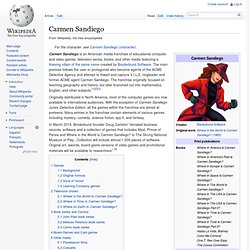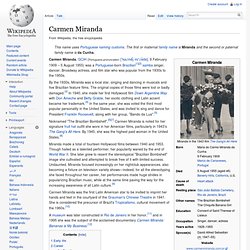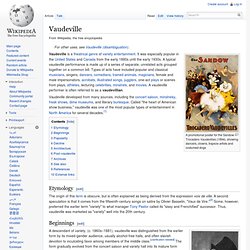

Riddler. Black market. A black market or underground economy is the market in which goods or services are traded illegally.

The key distinction of a black market trade is that the transaction itself is illegal. The goods or services may or may not themselves be illegal to own, or to trade through other, legal channels. Because the transactions are illegal, the market itself is forced to operate outside the formal economy, supported by the established state power. Common motives for operating in black markets are to trade contraband, avoid taxes, or skirt price controls. Typically the totality of such activity is referred to with the definite article as a complement to the official economies, by market for such goods and services, e.g. The black market is distinct from the grey market, in which commodities are distributed through channels which, while legal, are unofficial, unauthorized, or unintended by the original manufacturer, and the white market.
Background[edit] Pricing[edit] Consumer issues[edit] Carmen Sandiego. Originally distributed in North America, most of the computer games are now available to international audiences.

With the exception of Carmen Sandiego: Junior Detective Edition, all the games within the franchise are aimed at preteens. Many entries in the franchise contain elements of various genres including mystery, comedy, science fiction, spy-fi, and fantasy. In March 2014, Broderbund founder Doug Carlston "donated business records, software and a collection of games that includes Myst, Prince of Persia and Where in the World is Carmen Sandiego? To The Strong National Museum of Play...Collection will include almost 1,500 pieces of software. Original art, awards, board game versions of video games and promotional materials will be available to researchers".[4] Games[edit] Background[edit] Carmen Sandiego was originally created by Brøderbund Software co-founder Gary Carlston and proposed to programmer Dane Bigham in 1983. Original formula[edit] Style of humor[edit] Television shows[edit] Carmen Miranda. By the 1930s, Miranda was a local star, singing and dancing in musicals and five Brazilian feature films.

The original copies of those films were lost or badly damaged.[3] In 1940, she made her first Hollywood film Down Argentine Way with Don Ameche and Betty Grable, her exotic clothing and Latin accent became her trademark.[4] In the same year, she was voted the third most popular personality in the United States, and was invited to sing and dance for President Franklin Roosevelt, along with her group, "Bando da Lua".[5] Miranda made a total of fourteen Hollywood films between 1940 and 1953. Though hailed as a talented performer, her popularity waned by the end of World War II.
She later grew to resent the stereotypical "Brazilian Bombshell" image she cultivated and attempted to break free of it with limited success. Carmen Miranda was the first Latin American star to be invited to imprint her hands and feet in the courtyard of the Grauman's Chinese Theatre in 1941. Early life[edit] Vaudeville. A promotional poster for the Sandow Trocadero Vaudevilles (1894), showing dancers, clowns, trapeze artists and costumed dogs Vaudeville developed from many sources, including the concert saloon, minstrelsy, freak shows, dime museums, and literary burlesque.

Called "the heart of American show business," vaudeville was one of the most popular types of entertainment in North America for several decades.[1] Etymology[edit] The origin of this term is obscure, but is often explained as being derived from the expression voix de ville. A second speculation is that it comes from the fifteenth-century songs on satire by Olivier Basselin, "Vaux de Vire Beginnings[edit] A descendant of variety, (c. 1860s–1881), vaudeville was distinguished from the earlier form by its mixed-gender audience, usually alcohol-free halls, and often slavish devotion to inculcating favor among members of the middle class.
In the years before the American Civil War, entertainment existed on a different scale. Popularity[edit]